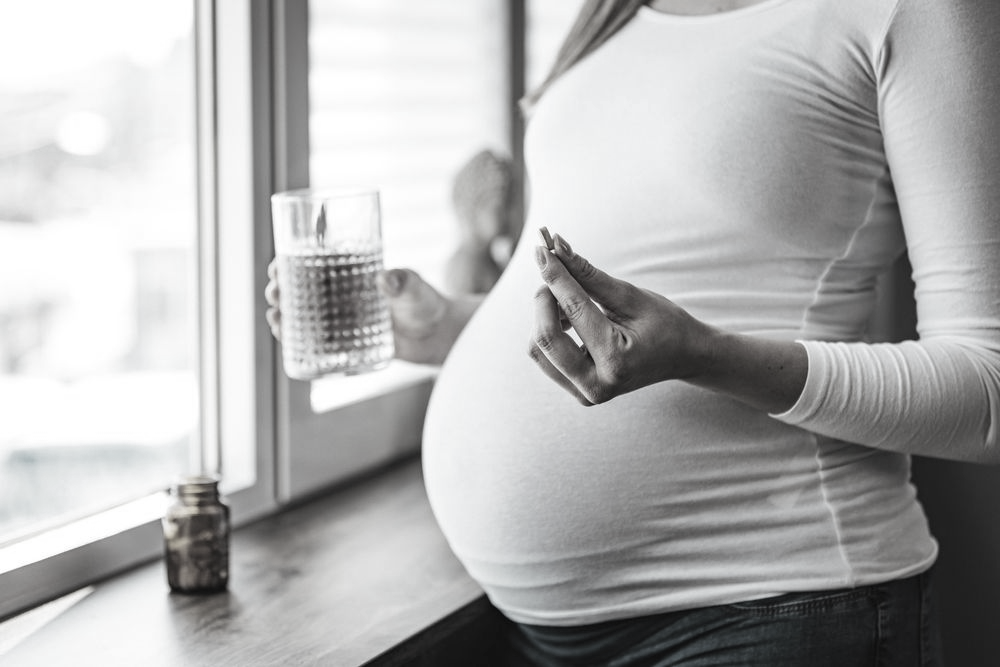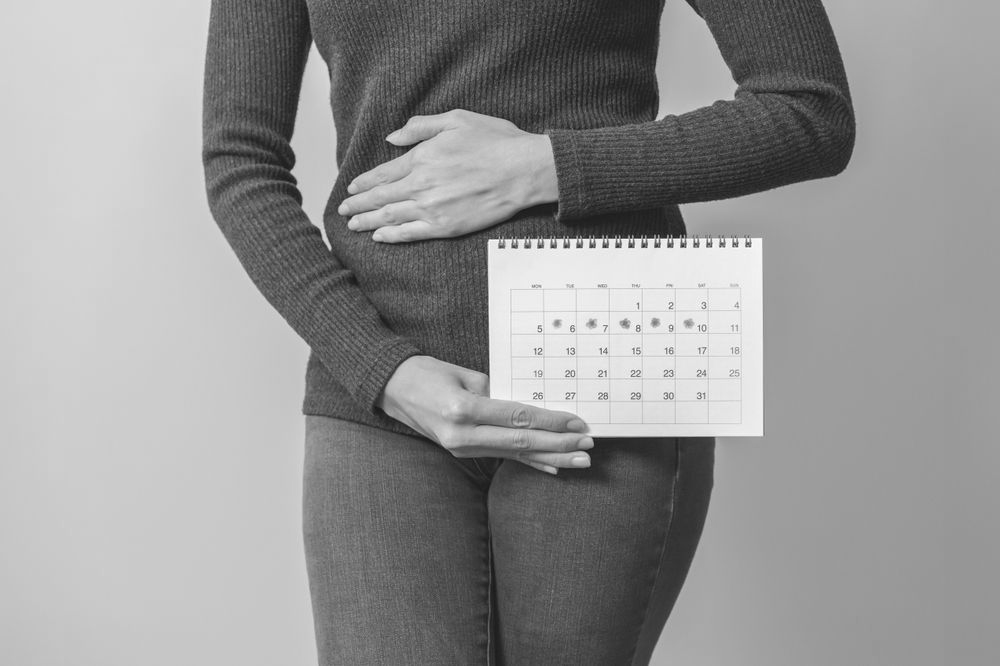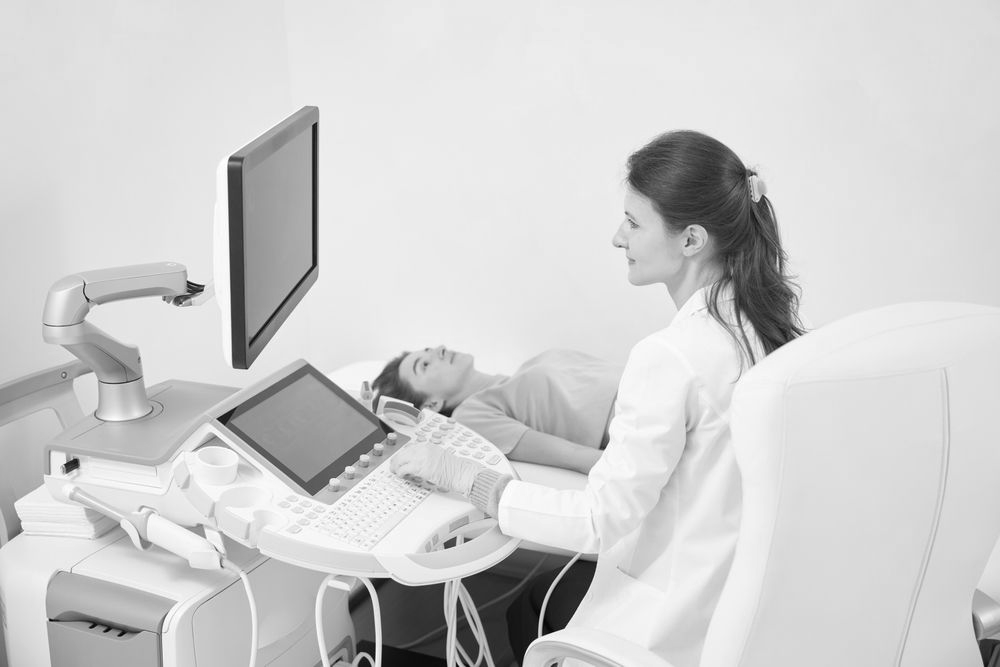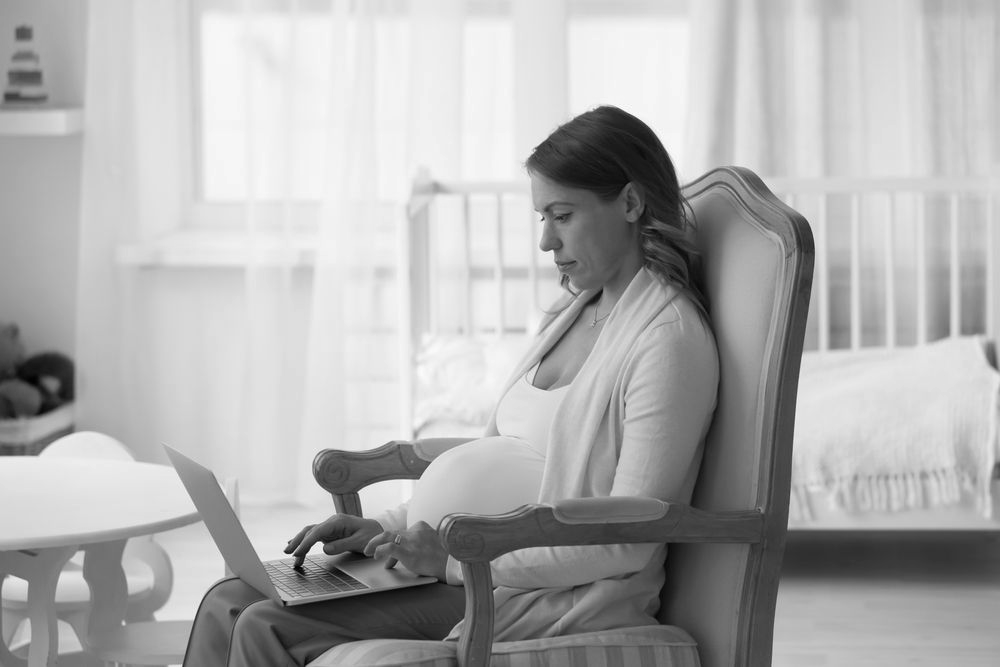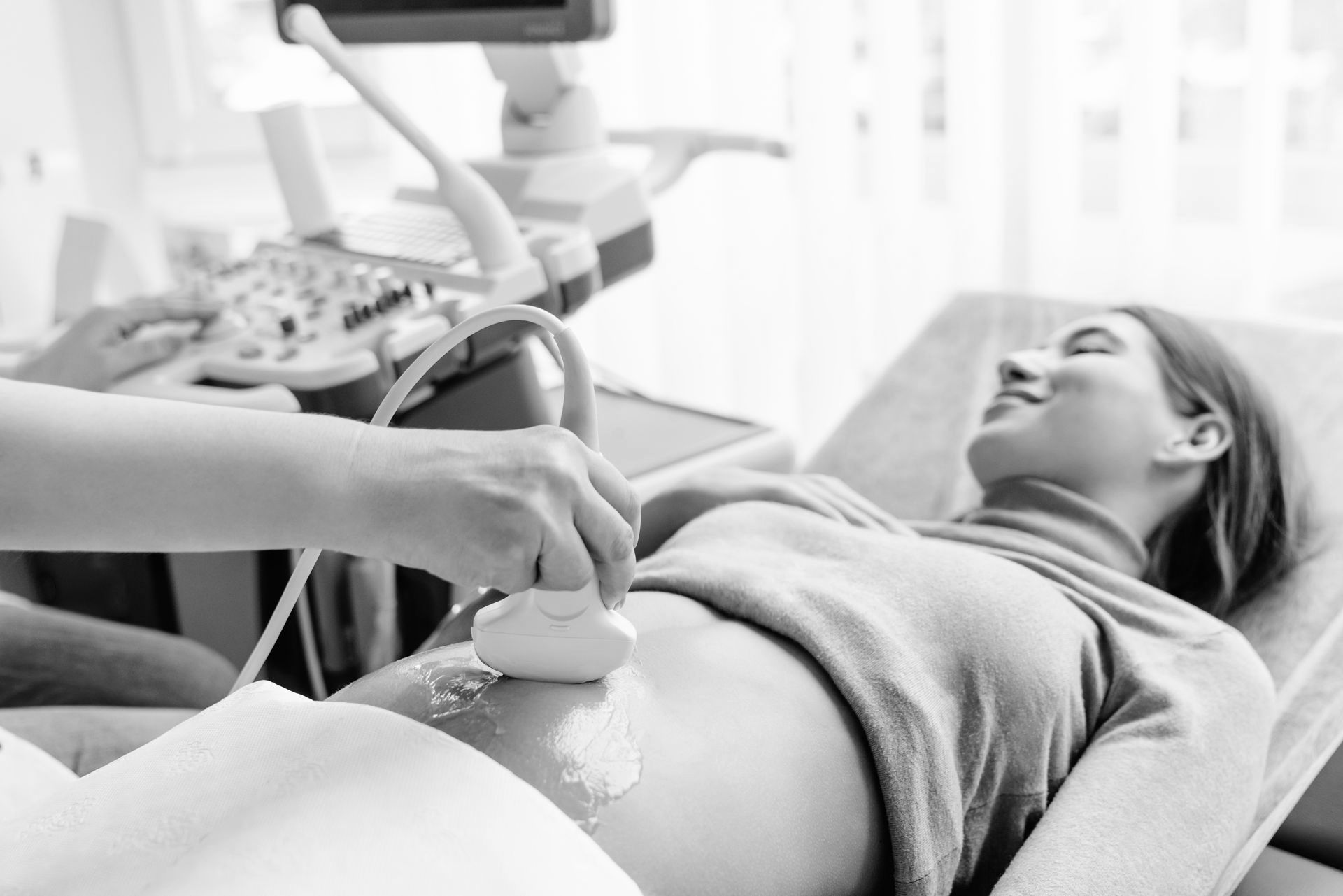The Fertile Window: Best Time to Conceive & Plan Pregnancy
Share this Article:
Trying to figure out the best time to get pregnant can feel confusing at first. Your body works on a monthly rhythm, and within that rhythm, there are only a handful of days when pregnancy is most likely to happen. This is called your fertile window. Knowing when it happens can help you
plan for pregnancy and understand your cycle in a new way.
What Is a Fertile Window and Why Does It Matter?
Your fertile window is the span of days in your menstrual cycle when you are most likely to conceive. It includes the day you ovulate and the five days before it. Sperm can survive in the female reproductive tract for several days, which means having intercourse in the days leading up to ovulation can still result in pregnancy.
For many women, ovulation happens about halfway through the cycle, but the exact timing can vary from month to month. Stress, illness, changes in routine, and certain health conditions can all shift when ovulation occurs. Understanding your fertile window can give you a clearer picture of when conception is most likely, which can be especially helpful if you’ve been trying for a while or are just beginning to plan for pregnancy.
Best Day of the Fertile Window to Conceive
The highest chance of conceiving usually comes from having intercourse in the day or two before ovulation. This timing gives sperm the best opportunity to be present when the egg is released. Once ovulation occurs, the egg can only be fertilized for about 12 to 24 hours, so the window after ovulation is much shorter.
If you are tracking your cycle, you may notice signs that ovulation is approaching. These can include changes in cervical mucus, a slight rise in basal body temperature after ovulation, and mild pelvic discomfort known as ovulation pain. Paying attention to these signs can help you identify the best day of your fertile window to conceive and plan accordingly.
When Can I Conceive? Understanding Your Fertile Window
Ovulation happens once during each menstrual cycle, but the exact timing can vary. If your cycle length is fairly steady from month to month, it’s a good sign that you may be ovulating regularly.
Some women notice changes in their bodies around this time, such as a shift in cervical mucus texture or a light twinge in the lower abdomen. Ovulation tests, available at most pharmacies, can also help pinpoint fertile days by detecting hormone changes.
If you have irregular cycles or aren’t sure when ovulation is happening, talking with a healthcare provider can help you figure out what’s typical for you.
Wondering If You're Pregnant? We Can Help
If you think you might be pregnant, the only way to know for sure is through testing. Willow Womens Center in Beloit offers no-cost pregnancy tests and, if the result is positive, limited ultrasounds to confirm how far along you are. Every appointment is private and one-on-one, giving you space to ask questions and learn about your options without pressure.
You don’t have to figure this out alone. Call Willow Womens Center or
schedule your free appointment today to get the answers you need and take your next step confidently.
Connect with Us:




